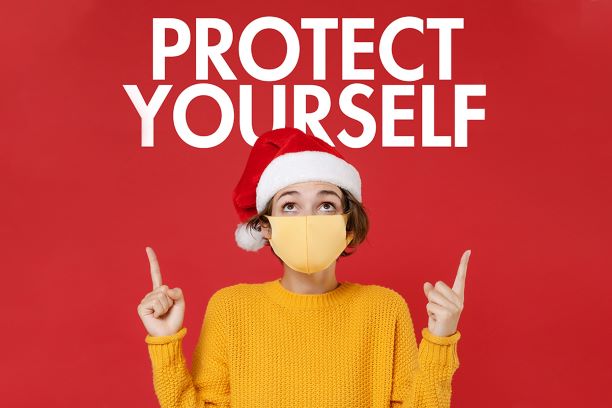CUTX News
Protect Yourself From Fraud This Holiday Season
Published November 25, 2020

Key Takeaways
- This holiday season, online shopping is expected to be at an all-time high.
- Retailers are increasingly offering curbside pickup.
- When buying from online marketplaces, don’t send a payment until you meet the seller and can see the product in person.
- Don’t click on “holiday deal” links sent to you via text or email if they seem suspicious.
- When shopping online, be sure to create strong passwords across the various online shopping sites you use and when available use multi-factor authentication.
With online shopping reaching an all-time high in 2020, consumers are continuing that trend for the 2021 holiday season. According to TransUnion data, 15.54% of e-commerce transactions were suspected to be fraudulent over the 2020 Thanksgiving holiday period compared to 15.7% of the 2019 holiday and just 9.76% of the 2018 holiday.
See below for a list of ways fraudsters are taking advantage of consumers and tips on how to stay safe.
Curbside Pickup and Pickup in Store
Retailers are increasingly offering curbside pickup. Criminals have identified this channel as a point of weakness, recognizing it as a new channel with loose in-person authentication protocols.
eGift Cards
eGift card fraud is nothing new — fraudsters have long targeted gift cards due to their anonymity and difficulty in being traced. Common methods include purchasing gift cards with stolen payment data or asking for return credit in form of a gift card instead of cash or exchange.
Be Wary of Deals that Seem Way Too Good
The old saying "If it appears to goods to be true, it probably is," applies here. If the online price of an item seems way out of whack with what the average cost is, don't get sucked in. This type of con is typical of fraudsters. Always think before you buy, do plenty of research, and avoid impulse purchases because that is when your information is most vulnerable.
Only send P2P Payments Once You Verify the Seller and Goods
It can be tempting to buy goods from online marketplaces such as Facebook or Craigslist. When paying for these goods, sellers may request you send money using a P2P payment service such as Venmo, Cashapp, or PayPal. P2P payments are a major avenue for fraudsters, so it’s important not to send funds to someone if you’ve never met the requester in person. P2P payments have limited fraud protection. When using services such as Venmo, Cashapp, or PayPal, always make sure you know the person you are sending money to, or you have verified the seller who you are paying.
Do Not Open Suspicious Texts, Pop-up Windows Or Click On Links Or Attachments In Emails
If you receive links or deals from unknown businesses, do not click on them. If unsure, verify the identity of the contact through an online search. Don't use the contact details provided in the message sent to you.
Staying Savvy and Safe
When shopping online, be sure to create strong passwords across the various online shopping sites you use and when available use multi-factor authentication.
Sign up for a password management system, which can protect all of your unique codes and allow these passwords to be used across various shopping websites securely and conveniently.
Be sure to protect yourself when online shopping. Don’t let yourself be a victim of fraud!
